FM reaffirms Iran's opposition to any changes in regional borders
Foreign Minister Hossein Amir-Abdollahian reaffirms Iran's opposition to implementation of any changes to the regional countries' internationally-recognized contours.
Amir-Abdollahian made the remarks to his Armenian counterpart Ararat Mirzoyan in Yerevan on Thursday. The Iranian top diplomat has travelled to the Armenian capital at the head of a political delegation at Mirzoyan's invitation.
Discussing regional developments with Mirzoyan, the Iranian official said the Islamic Republic was "unequivocally opposed" to any violation of the regional states' official borders.
He termed Iran's objection to transgression of the regional borders as the country's "principled perspective."
The remarks were made against the backdrop of another deadly flare-up between Armenia and its estranged neighbor Azerbaijan over the disputed Nagorno-Karabakh region.
Nagorno-Karabakh is internationally recognized as part of Azerbaijan, but has been populated by ethnic Armenians.
Last month, simmering tensions between the neighbors caused a fresh escalation over the region, leaving nearly 100 soldiers dead on both sides. This was the most recent conflict between the Caucasus' countries since thousands were killed in a 44-day war over the territory that ended in November 2020.
Amir-Abdollahian had likewise underlined the stance during a meeting with Georg Papuyan, the visiting head of the Iran-Armenia Parliamentary Friendship Group, in Tehran earlier this month.
During the Thursday meeting, the Iranian and Armenian officials also discussed the issue of the bilateral ties.
Amir-Abdollahian pointed to the countries' age-old relations, underlining the need for the ties' enhancement as well as their "redefinition" across various scopes, especially in the area of "economic and transit cooperation."
The official said the current $700-million level of the bilateral trade could be elevated to $1 billion given the capacities that are available to either country.
The Armenian official, for his part, expressed gratitude towards the Islamic Republic over its stances concerning various regional subject matters.
He also laid emphasis on the need for continuation and further development of the mutual relations, especially regarding transit cooperation through the north-south corridor.
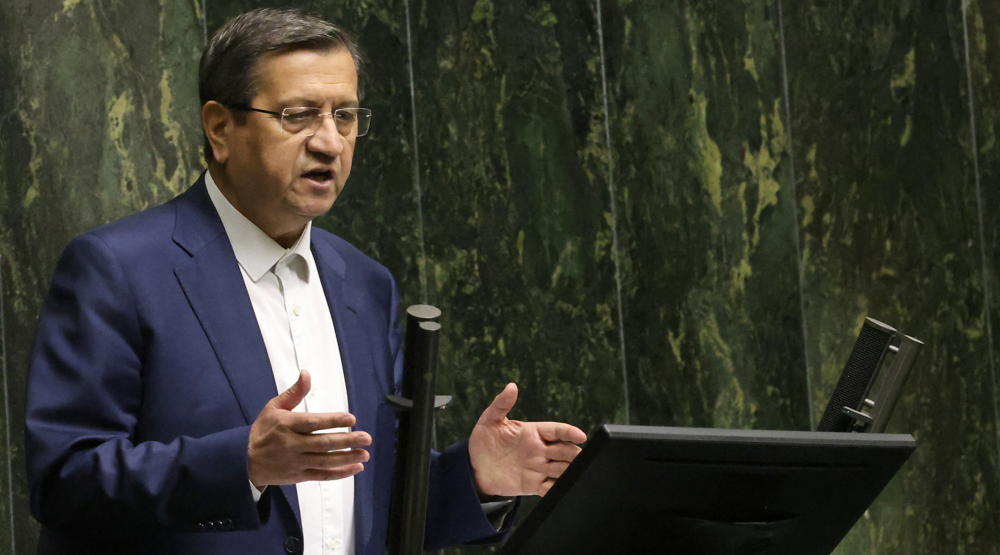
Iran Parliament dismisses economy minister over economic mismanagement
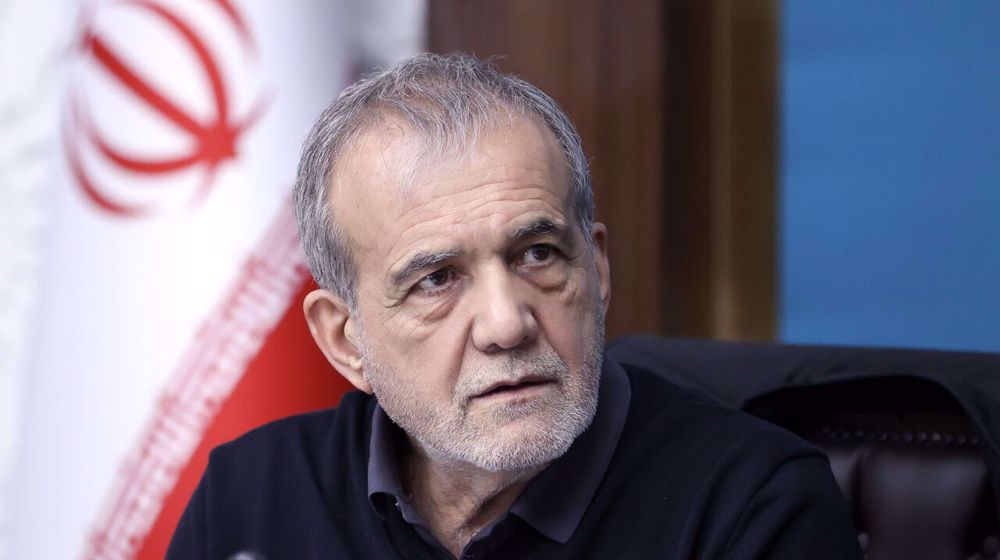
Iran president congratulates Muslim leaders on holy month of Ramadan
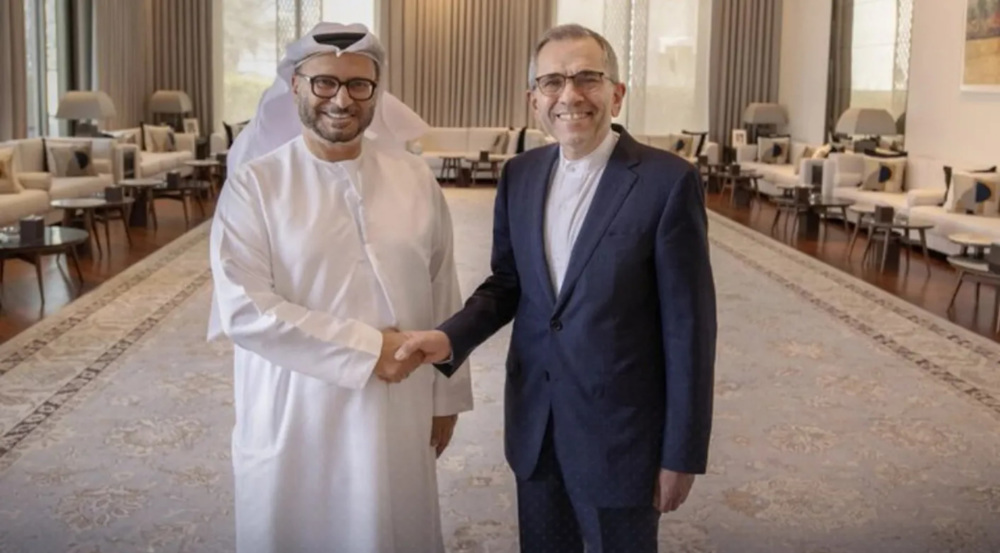
Neighbors have ‘special place’ in Iran’s foreign policy: Deputy FM
Iran president congratulates Muslim leaders on holy month of Ramadan
Hundreds of Israeli settlers storm Al-Aqsa Mosque compound: Report
Iran Parliament dismisses economy minister over economic mismanagement
Unprecedented: US rights group drags Biden, Blinken to ICC over Gaza genocide
Kremlin: Macron talks of contacting Putin, but no real steps taken
Hamas decries as ‘war crime’ Israeli suspension of humanitarian aid to Gaza
Israeli cabinet allows military to call up 400,000 reservists
Iran as hub of technical and engineering services


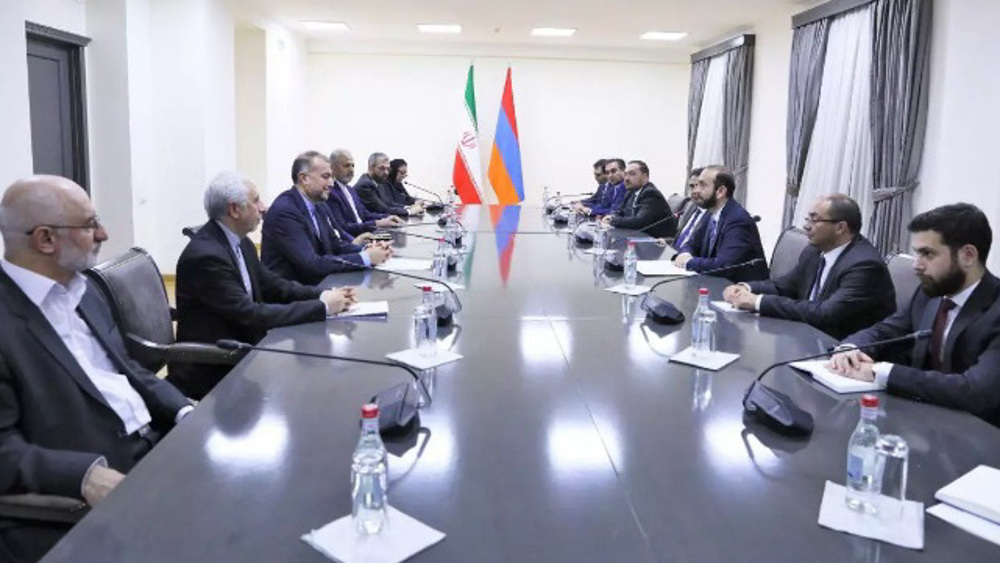
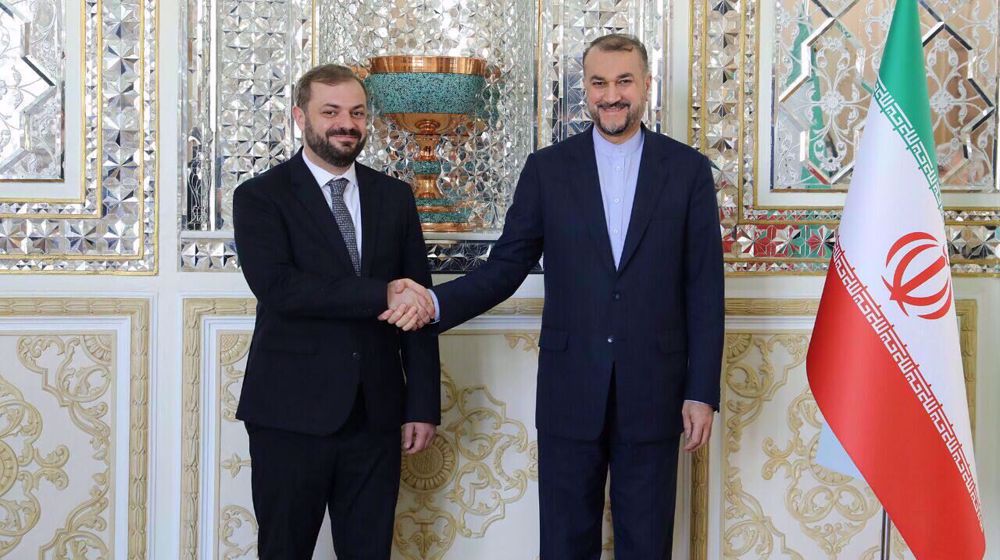



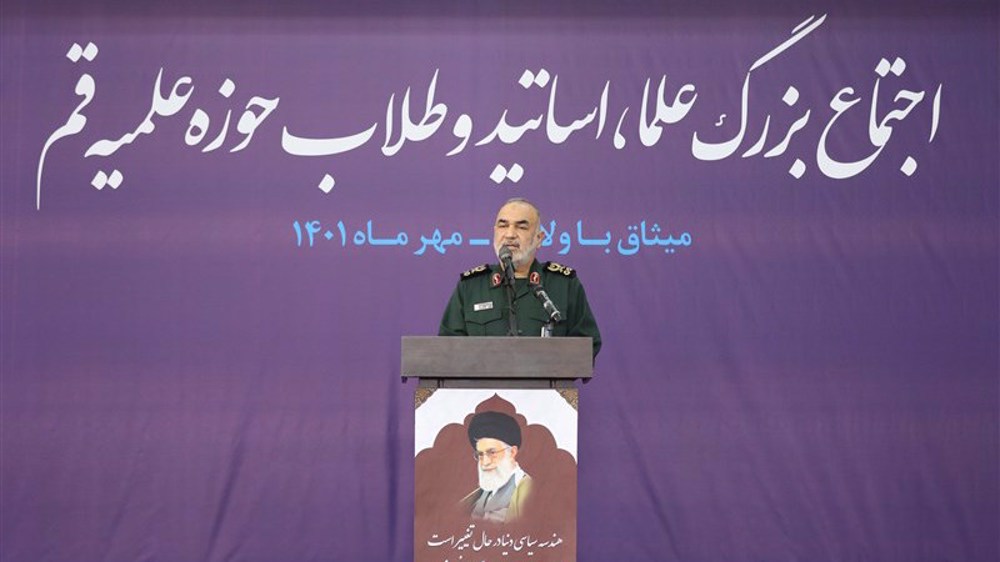
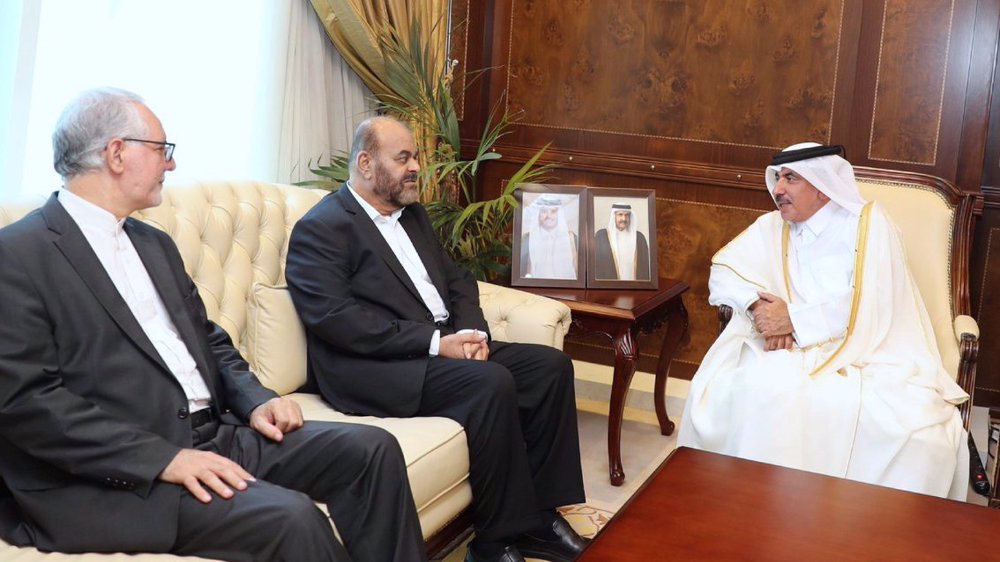
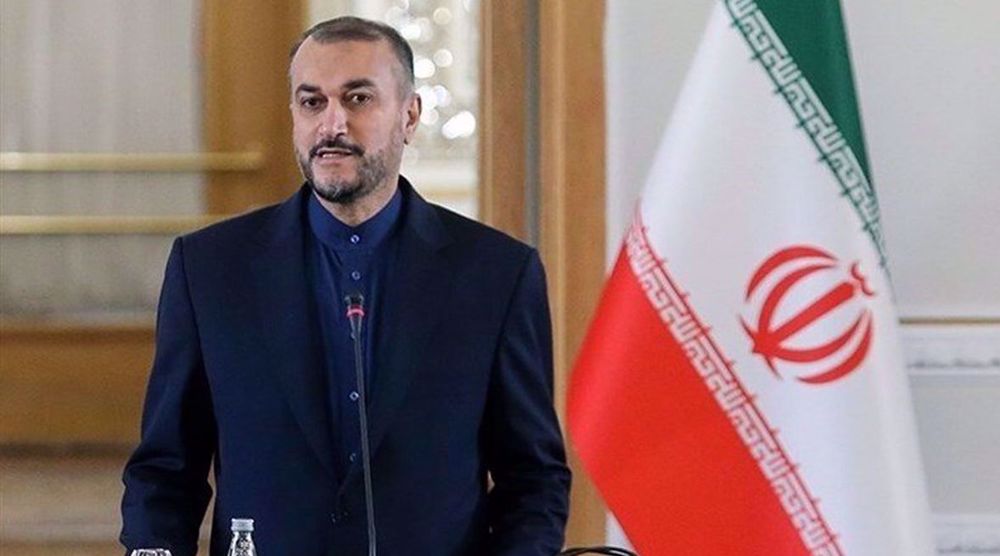

 This makes it easy to access the Press TV website
This makes it easy to access the Press TV website